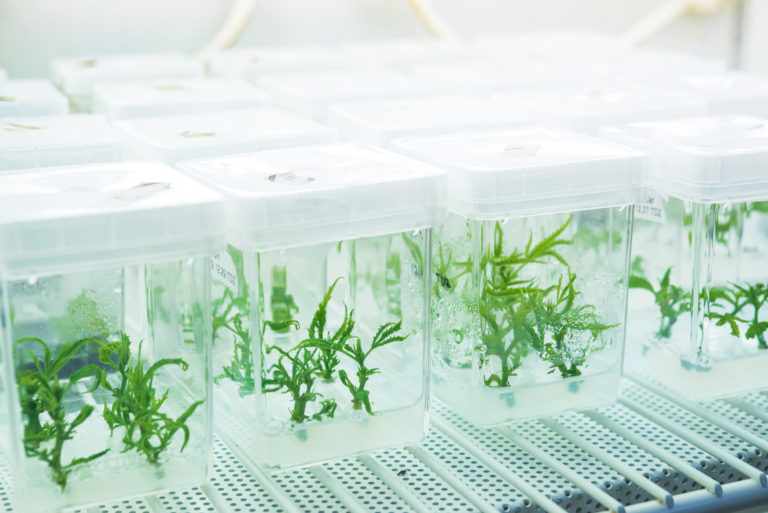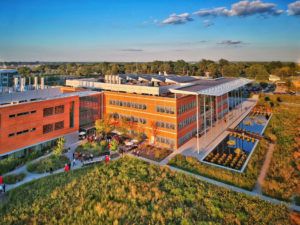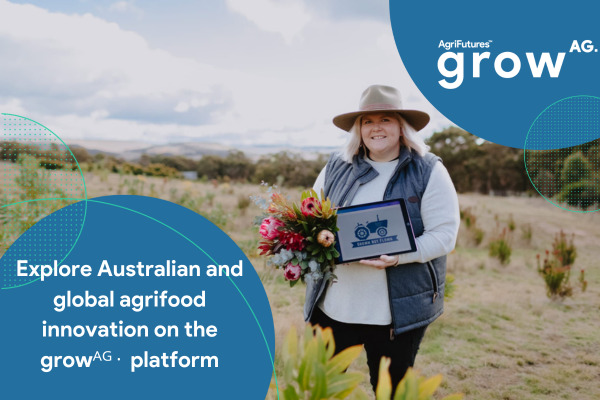Recreational use of cannabis became legal in the state of California on January 1, 2018, and before the end of the month, industry experts were already predicting a coming shortage.
The market for legal cannabis in California is estimated to reach $7 billion, but there are plenty of hurdles that operators will have to clear to get there.
In the summer of 2017, California’s chief of the Bureau of Medical Cannabis Regulation Lori Ajax announced that her office would begin issuing temporary 4-month licenses to some growers to make sure that supply keeps up with demand — an essential element in a market where customers could easily turn back to the black market should legal supply run out.
Legal nuances at the local level making county to county transport difficult, bureaucratic tie-ups in issuing new licenses and a rush of new demand have left the supplies built up in anticipation of legalization quickly depleting according to industry players.
This new market is unlikely to work out the kinks immediately and agtech startups with technologies to optimize yields for licensed growers are lining up to bring their technologies to bear.
“Without our program, it becomes very hard to maintain quality while boosting the quantity,” says Jon Vaught, founder and CEO of Front Range Biosciences, one such startup looking to help cannabis growers keep up with demand.
Frontrange Biosciences is a Colorado-based startup providing industrial-scale tissue culture propagation and advanced breeding for cannabis. The company cultivates up to 1 million cannabis plants at a time in ISO-certified clean rooms using techniques that Vaught says are similar to major international fruit producers such as Driscoll’s and Dole.
Using Front Range’s process, growers get exactly the plants they order, not a given in this opaque field, and plants can be optimized for yield and quick flowering time. Front Range plants are guaranteed free of disease and common greenhouse issues like powdery mildew, and they can be bred to optimize certain qualities and yield at growers’ request.
“Every plant is different. Each one has subtle variables that make it different from the previous plant. We find the variables in this process that make the plant efficient, effective and produce the highest quality plants,” says Vaught.
For now, Front Range is using tissue culture methods to breed the best plants they can, but the next phase will be genetic manipulation of some kind — though Vaught says that due to the size and age of the legal cannabis industry the science that enables gene manipulation is decades behind corn, for example.
Some of the best-funded cannabis startups are in ecommerce, supply chain management, and retail operations, but if keeping a steady supply is indeed a primary concern for this young industry, investors will need to turn their attention toward the agtech end of the cannabis startup spectrum. The cannabis industry is also going to have to reckon with a more complicated structure.
“In general when you look at agriculture you have specialization around different things. You have a specialist in breeding, harvesting, extraction, post-harvest processing… A lot of cannabis companies have tried to do all of these things at the same time and that’s very challenging for any company.”
This vertical integration isn’t just a cost-saving measure, for the most part, says Vaught — its based on general mistrust leftover from the black market.
“The companies that are able to align themselves and create partnerships are going to survive. Competition is coming and its steep and we’ve got commoditization of the crop coming too. Cannabis is like every other crop – it’s going to see shrinking margins for decades,“ says Vaught.
The two categories within agrifood tech that could most help boost the cannabis supply in California and beyond are Farm, Management Software, Sensing, and IoT, and Ag Biotechnology (find definitions in our recent Agrifood Tech Investing Report 2017).
Here is a non-exhaustive list of additional startups within these two categories that could help the California cannabis market stay in the green.
Farm Management Software, Sensing, & IoT
Agrilyst offers a software-as-a-service platform to help indoor agriculture operations maximize their efficiency. The platform offers workflow management tools, inventory tracking, and pest and nutrient management. The company analyzes data about these metrics to provide growers with recommendations on the best way to fine-tune their growing plans to optimize yield and increase profitability. The company launched a cannabis-specific product in 2016.
Grownetics was established in Denver, Colorado in 2015 to help cannabis, and other indoor growers, monitor and manage their crops to boost yield. It aims to build a community of cultivators, helping them to save time and reduce risk in their cultivation through hardware sensing and automation and algorithms.
Motorleaf is a Canadian startup that has built an artificial intelligence-enabled and automated indoor farm operating system, consisting of hardware devices and software analytics, to enable growers to capture data about their crops, learn what the crops need, and instruct existing equipment to answer those needs. The Motorleaf system can be used in any type of indoor farming operation, in both specialty produce and cannabis. The smart system can predict and optimize yield, according to the company.
Agriculture Biotechnology
Hyasynth Bio is a Montreal-based biotech startup that has developed a way to produce the active compounds in cannabis without ever growing a plant through cellular agriculture techniques. Cannabis’s most plentiful active compounds, the non-psychotropic cannabidiol (CBD), and the quite psychotropic tetrahydrocannabinol (THC) are both currently being studied by small to mid-sized pharmaceutical companies for possible treatment applications for various diseases. Though this technology can’t technically ease California’s demand for recreational cannabis, it could make a big impact on demand pressure from the growing cannabis-based pharmaceutical industry.
New West Genetics is a Colorado-based biotech company focused on creating large-scale harvestable, seed- based cannabis genetics.
The company breeds hemp varieties that are tailored for various end-use products, analyzing the genomics of hemp to improve the varieties with genomic and marker-based selection for qualities like disease-resistance, outdoor growing, and mechanical harvesting, which could change the timetable and labor dynamics of cannabis cultivation and allow growers to expand their operations faster.
Though not technically a startup, this NASDAQ-listed company began working on seed genetics for cannabis in 2014. The Israeli company uses its proprietary seed discovery platform to develop high-yielding and disease and pest-resistant seeds across categories, including cannabis.
photo: Front Range Biosciences















Sponsored
Sponsored post: The innovator’s dilemma: why agbioscience innovation must focus on the farmer first